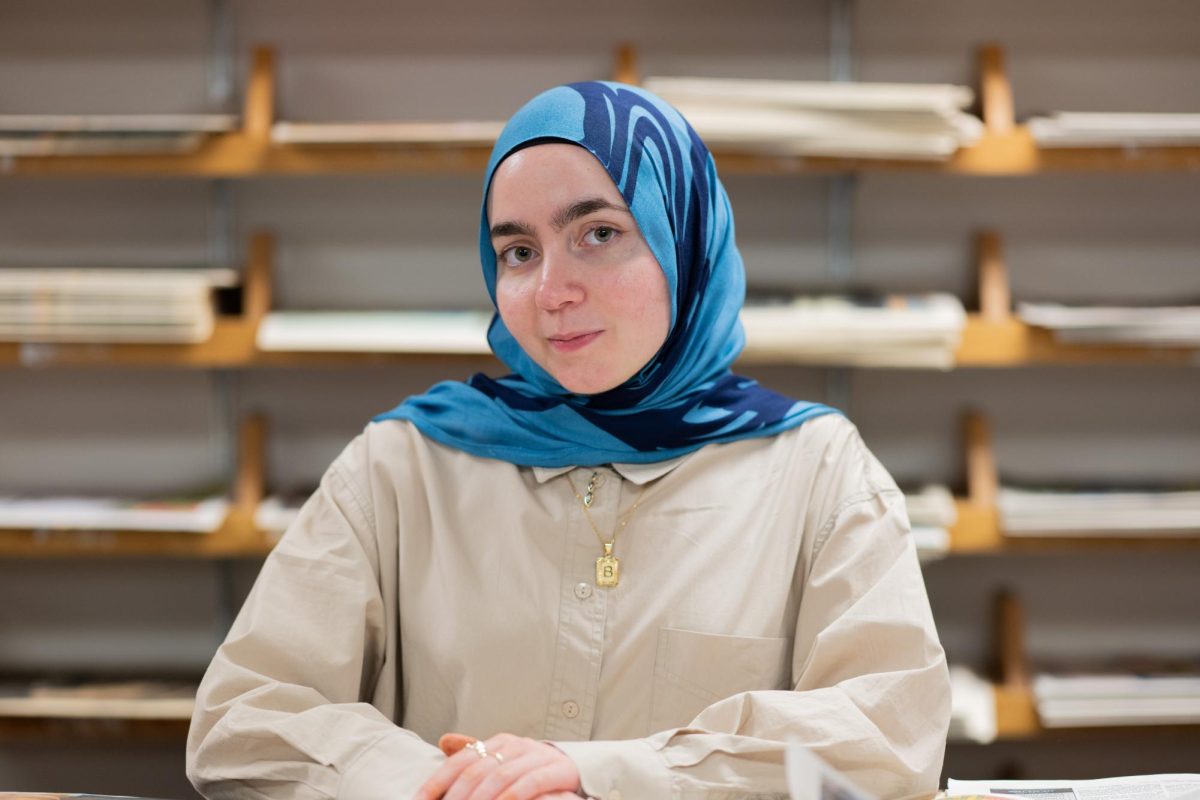It was a sunny afternoon yesterday in the island nation of Malta, between North Africa and Sicily. Daphne Caruana Galizia was driving her Peuguot near her home when a car bomb exploded, killing her and tossing the wreckage of the car into a nearby field.
When The Guardian broke the news last night, we were devastated. Galizia was a world-renown journalist best known for her investigative work exposing corruption in Malta during the 2015 Panama Papers scandal — a leak of 11.5 million documents detailing offshore corruption. She ran a blog in Malta that had a daily readership of more than 400,000 — that’s more than all of Malta’s newspapers combined, and 95 percent of Malta’s population.
Subjects of her comprehensive investigations have called her a “terrorist,” such as former European Commissioner for Health and Consumer Policy John Dalli, who Galizia took down in a tobacco lobbying exposé. An unnamed government official told Politico she “single-handedly brought the government to the verge of collapse.”
But around the world she was celebrated — Politico included her on their annual list of 28 people who are shaping the future of Europe, calling her a “one-woman WikiLeaks” who crusaded against corruption and campaigned for transparency.
Journalists like Galizia embody the spirit of the practice of journalism. She wrote cutthroat pieces about government corruption in a country her son called a “mafia state” after her death. She risked her life, as she probably knew, each time she made a post on her blog.
And she did so until she joined the ranks of the other 27 journalists killed this year for their work. Forty-eight journalists were killed in 2016, and the number of journalists killed since 1992 stands at 1,255.
Try as we may, our calls for worldwide free press make little difference. At the office we may complain among ourselves about sources giving half-hearted answers, but we are privileged to have legal protections and grateful that our lives are never in immediate danger.
What we can do is acknowledge that our president regularly places blame on “fake news.” He regularly attacks the press and recently asked when it would be appropriate to challenge NBC’s license after the network broke a story about Trump’s disagreements with top military officials.
The answer to his question is never — thankfully, we live in a country where other branches and agencies of the government will stand up to this, as the Federal Communications Commission did in response to Trump’s tweet.
But above all, we wish to commemorate Daphne Caruana Galizia and her fellow slain journalists for the admirable work they did, and remind America that regardless of whether or not we like the corporate news media, we should respect journalists for the risks they take to inform us.



